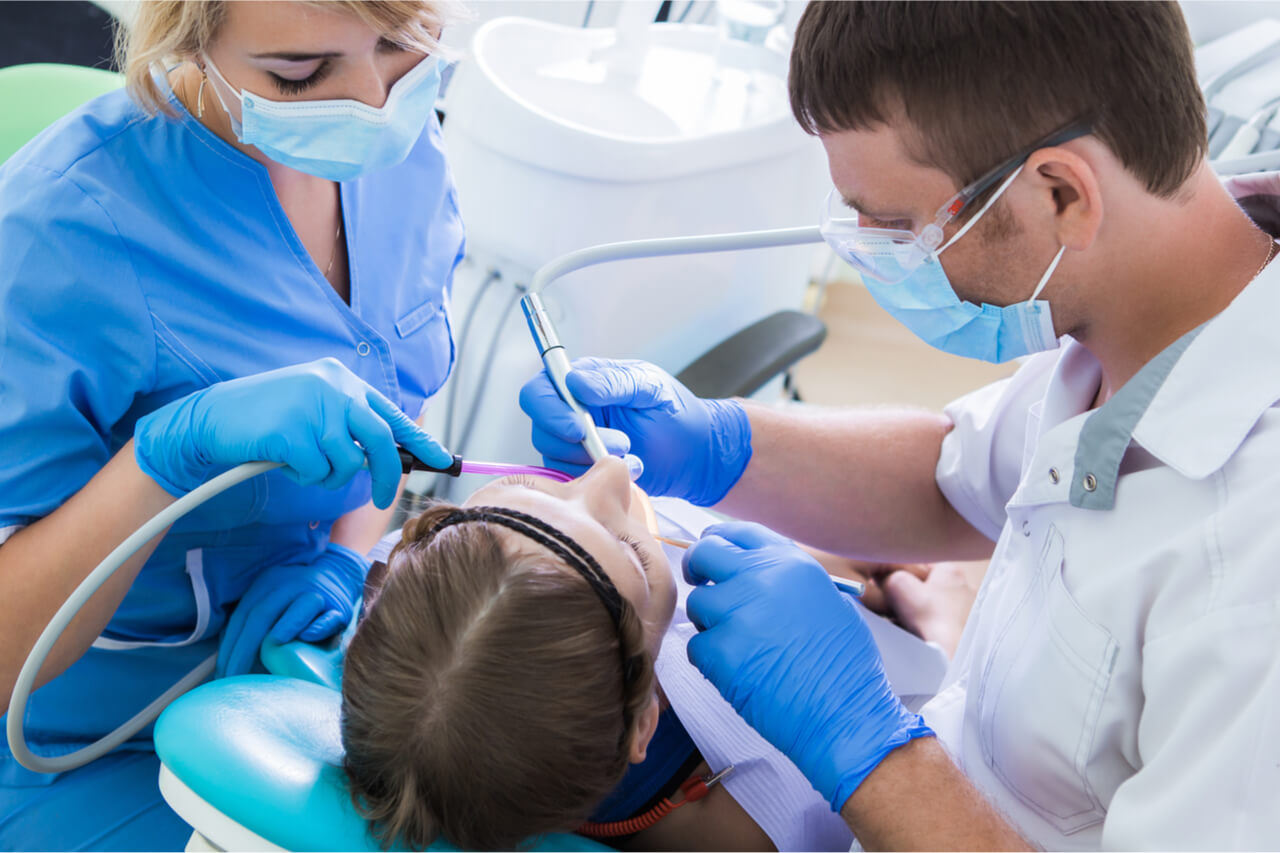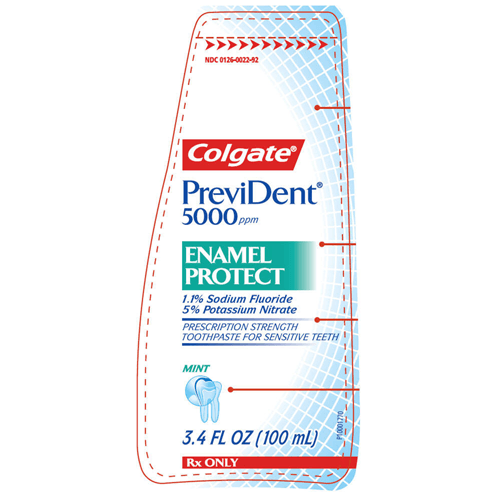What Causes Sensitive Teeth? Early Pregnancy Relief

The sudden and often sharp pain of sensitive teeth can be a frustrating and debilitating experience, especially during early pregnancy when the body is undergoing numerous changes. Sensitive teeth, also known as dentin hypersensitivity, occur when the dentin, the layer of tissue beneath the enamel, becomes exposed. This exposure can be caused by a variety of factors, including receding gums, tooth decay, cracked teeth, and gum disease. During pregnancy, the hormonal fluctuations can exacerbate these conditions, leading to increased sensitivity.
One of the primary causes of sensitive teeth during early pregnancy is the change in hormonal levels, particularly the surge in estrogen and progesterone. These hormones can cause the blood vessels to expand, leading to increased blood flow to the gums, which can make them more susceptible to inflammation and recession. Additionally, the increased levels of estrogen can also cause the teeth to become more sensitive by altering the nerve endings in the teeth.
Another significant factor contributing to sensitive teeth during pregnancy is the increased acidity in the mouth. Morning sickness, a common symptom of early pregnancy, can lead to frequent vomiting, which exposes the teeth to stomach acid. This acid can erode the enamel, making the teeth more sensitive. Furthermore, the hormonal changes can also affect the digestive system, leading to an increase in acid production in the stomach, which can further exacerbate tooth sensitivity.
Poor oral hygiene is another critical factor that can contribute to sensitive teeth during pregnancy. With the increased demands of pregnancy, many women may neglect their oral health, leading to a buildup of plaque and bacteria on the teeth. This can cause gum disease, receding gums, and tooth decay, all of which can expose the dentin and lead to sensitivity.
Nutritional deficiencies, particularly a lack of calcium and vitamin D, can also play a role in sensitive teeth during pregnancy. These nutrients are essential for maintaining healthy bones and teeth, and a deficiency can lead to weakened tooth structure, making them more prone to sensitivity.
To find relief from sensitive teeth during early pregnancy, it is essential to practice good oral hygiene. This includes brushing teeth gently with a soft-bristled toothbrush and a fluoride toothpaste, flossing daily, and rinsing with a fluoride mouthwash. Additionally, using a desensitizing toothpaste can help block the dentin tubules, reducing sensitivity.
Regular dental check-ups are also crucial during pregnancy. A dentist can help identify any underlying conditions that may be contributing to sensitivity and provide personalized advice on how to manage it. In some cases, a dentist may recommend a fluoride varnish or a desensitizing treatment to help alleviate sensitivity.
In addition to these measures, there are several home remedies that can provide relief from sensitive teeth during pregnancy. These include:
- Saltwater rinse: Rinsing with warm salt water several times a day can help reduce inflammation and kill bacteria.
- Clove oil: Applying a few drops of clove oil to the affected tooth can help numb the area and reduce sensitivity.
- Desensitizing strips: Applying desensitizing strips to the teeth can help block the dentin tubules and reduce sensitivity.
- Chewing sugar-free gum: Chewing sugar-free gum can help stimulate saliva production, which can help neutralize acid and remineralize teeth.
What are the most common causes of sensitive teeth during early pregnancy?
+The most common causes of sensitive teeth during early pregnancy include hormonal fluctuations, receding gums, tooth decay, cracked teeth, and gum disease. Additionally, increased acidity in the mouth due to morning sickness and poor oral hygiene can also contribute to sensitivity.
How can I relieve sensitive teeth during early pregnancy?
+To relieve sensitive teeth during early pregnancy, practice good oral hygiene, including brushing teeth gently with a soft-bristled toothbrush and a fluoride toothpaste, flossing daily, and rinsing with a fluoride mouthwash. Use a desensitizing toothpaste, and consider using a fluoride varnish or desensitizing treatment. Additionally, try home remedies such as saltwater rinse, clove oil, desensitizing strips, and chewing sugar-free gum.
Are there any nutritional deficiencies that can contribute to sensitive teeth during pregnancy?
+Yes, nutritional deficiencies, particularly a lack of calcium and vitamin D, can contribute to sensitive teeth during pregnancy. These nutrients are essential for maintaining healthy bones and teeth, and a deficiency can lead to weakened tooth structure, making them more prone to sensitivity.
In conclusion, sensitive teeth during early pregnancy can be a challenging experience, but with the right approach, it is possible to find relief. By understanding the causes of sensitivity, practicing good oral hygiene, and trying home remedies, women can reduce their discomfort and maintain healthy teeth and gums throughout their pregnancy. It is essential to consult with a dentist to determine the best course of treatment and to address any underlying conditions that may be contributing to sensitivity. With proper care and attention, women can enjoy a healthy and comfortable pregnancy, free from the pain of sensitive teeth.


